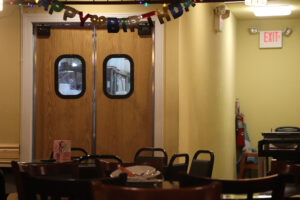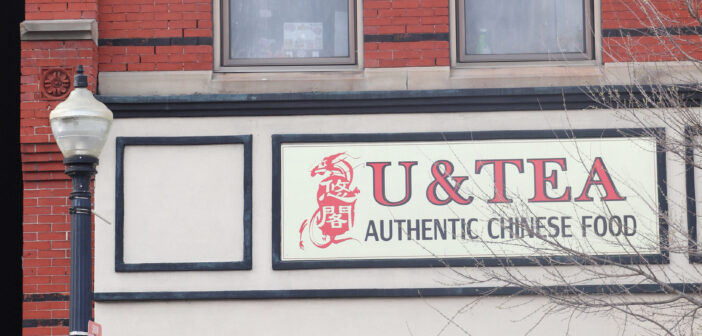Jenny’s Kuali, which will close at the end of this month, has been hit particularly hard by the labor shortage — and they are not alone.
Like many restaurant owners, Jenny Lim, who owns the restaurant with her husband Roy, said it has become too difficult to keep workers.
“Over the summer, we had hired people and they promised that they were going to work when they went back to school,” Jenny Lim said. “When school started, they decided it was too much work and they didn’t want to continue.”
Jenny Lim had no plans to hire and train additional employees. She said if they had more help, they could continue to run the restaurant as usual.
However, help is spread thin in the area. On Aug. 29, The Independent Fiscal Office released new data that indicated Pennsylvania has lost 110,000 workers since the pandemic started.
“We’re just burned out,” Jenny Lim said. “My husband and I work more than 12 hours a day. I was here at seven this morning, left to run some errands, and we’ll be here until about seven or eight o’clock at night.”
Jenny Lim partially attributes the restaurant’s closing to her and her husband’s decision to release the location’s lease.
She said she and her husband have been in the restaurant business for a combined 50 years and want to slow down and retire.
“As much as you think we look young, we’re not,” Jenny Lim said. “We get aches and pains here and there.”
For other South Side restaurants, the labor shortage has offered employees opportunities for promotions.

U&TEA is a Chinese restaurant that primarily serves Cantonese and Szechuan food. The restaurant is located at 119 E 3rd St. in Bethlehem. (Xiaozhe Zhang/BW Staff)
Jeppe Sorensen, Molinari’s front of house manager, said he began to take on a larger role during the pandemic.
“It opened up opportunities that wouldn’t have been there naturally because there would have been a lot of other people with more experience there to take the job from me,” Sorensen said.
Candido Rodriguez, the front of house manager at Roasted, said the shortage allowed him to make an impact at his place of work.
“Part of me receiving this role was the fact that I decided to not take the whole unemployment route,” Rodriguez said. “I just like being busy. Me showing that extra effort and wanting to be available showed the bosses that not only do I have the work ethic, but I’m going to continue to keep putting forward my energy for the company.”
Still, despite the opportunities the labor shortage has opened up, it poses difficulties for both restaurants.
Sorenson said the shortage is a vicious cycle.
“I can’t accept more business if I don’t have the hands to complete the task,” Sorensen said. “At the same time, staff want to make some money through tips. If I can’t put butts in seats, then I can’t get them that extra money for tips.”
At Molinari’s, Sorensen is struggling to fill line cook and front of house staff positions.
For Roasted, Rodriguez said they have been fortunate enough to build up a big enough name that they receive frequent applications. However, the restaurant has been struggling to fill its dishwasher position.
“We have this wonderful functioning machine, but to get something as simple as a dishwasher, we’re left wondering if we should go to the streets or go through Indeed,” Rodriguez said.
Sorenson said, as a result of the shortage, they have been forced to become more lenient with their application requirements. Before the shortage, they had the luxury of asking that applicants have prior serving experience.
Now, given the circumstances, Molinari’s has become an entry level job into the restaurant service industry for some, which means having to train employees from the ground up. He said this has posed unique challenges for front of house managers.
“Other situations, like pay increases all across the board in the service industry, have also taken a toll on managing a place,” Sorensen said. “People are asking for more money to do the same job, which is not necessarily a wrong thing. That’s capitalism for you. If you have a shortage, you get paid for that necessity.”






Comment policy
Comments posted to The Brown and White website are reviewed by a moderator before being approved. Incendiary speech or harassing language, including comments targeted at individuals, may be deemed unacceptable and not published. Spam and other soliciting will also be declined.
The Brown and White also reserves the right to not publish entirely anonymous comments.